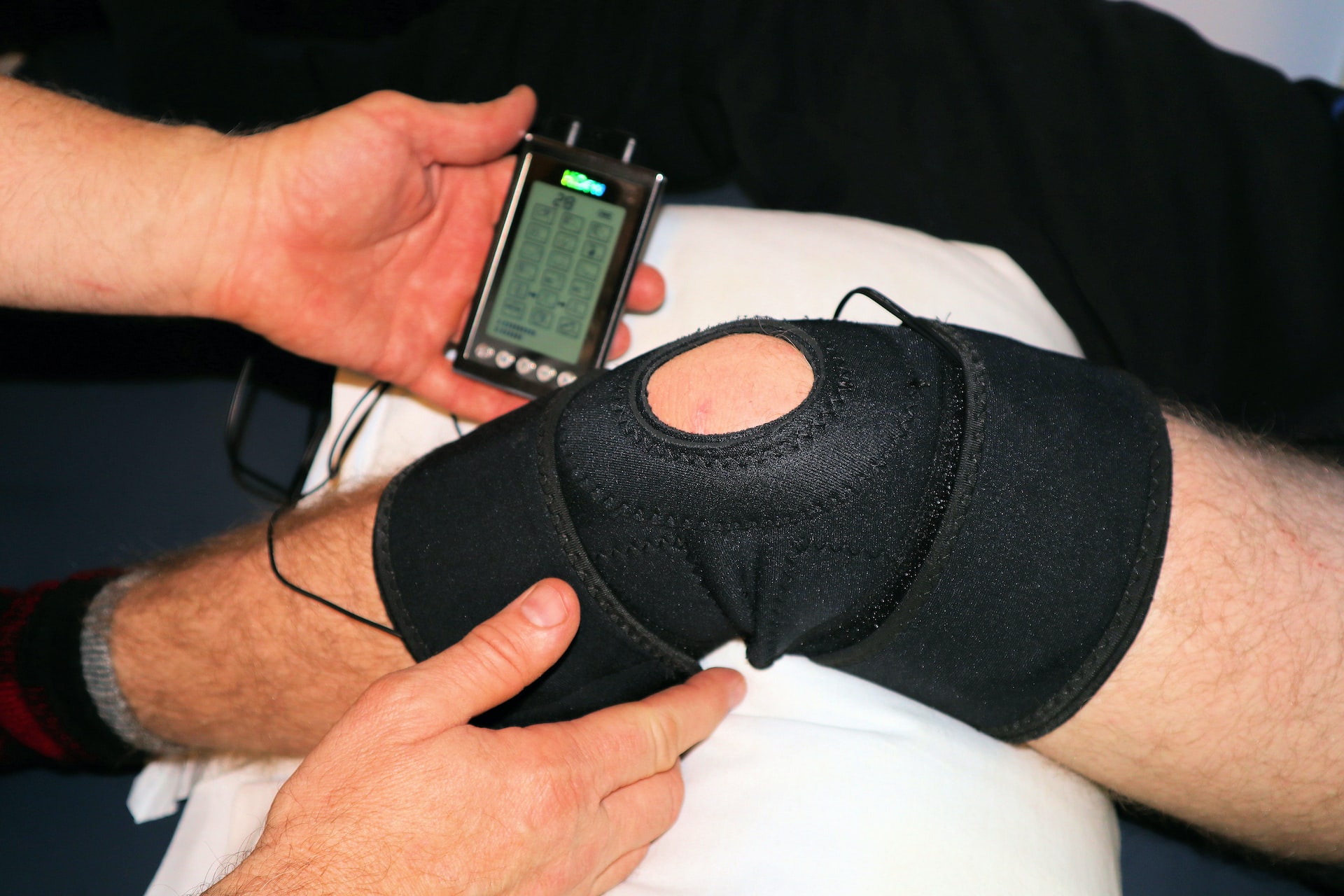Different Kinds of Medical Expenses Workers’ Compensation Insurance Covers
Wondering what is and isn’t covered by workers’ comp? Here’s what you need to know!
Workers’ compensation insurance protects employees in the event of a work-related injury or illness. It can cover medical bills, help with lost wages, and provide additional income when they can no longer work. However, insurance companies are always on the lookout for denying the benefits to you. And that makes it essential to have a Worker’s Compensation Lawyer by your side for your defense.
Here are the most common medical expenses usually covered by workers’ compensation insurance.
- Doctor visits
No matter what the issue is, workers comp covers all the visits required in treating you. This includes chiropractor and psychologist appointments. Your employer should pay for your doctor visits, but sometimes they’re not open about it.
- Diagnostic tests
When you’re injured at work, your workers’ comp insurance can cover X-rays and blood work. For instance, if there is an injury that might be classified as a severe blow to the head, they might send you to a neurosurgeon to test your brain function.
- Surgery
The insurance covers all the costs of any surgeries you may need. Whether it is for a fracture or a deep cut, workers’ comp insurance will cover it.
- Stays in the hospital or intensive care unit
If you’re admitted to the hospital and stay in the ICU, your workers’ compensation insurance will cover all your medical bills, even if they are just temporary. If they determine that you are unable to return to work, they’ll also provide income while keeping you as an employee.
- Chemotherapy, radiation, or other out-patient treatment
If you are diagnosed with cancer or another disease that requires outpatient treatment, the workers’ compensation will cover it. For example, the cost of chemotherapy and radiation treatments can be covered under workers’ compensation.
- Physical therapy
If your injury results in needing physical therapy, then you’ll be covered. In fact, most workers comp plans include up to 20 visits a year to attend physical therapy sessions.
- Prescription drugs
The cost of prescription drugs for pain management, anti-nausea medications, and antibiotics is also covered by your workers’ compensation insurance.
- Assistive devices
The cost of devices, such as a wheelchair, walker, and a special toilet seat, to use in your home are also covered under workers’ compensation insurance.
- Pain management care
Most workers’ compensation policies include pain management care, which is important when you’re recovering from an injury or illness.

